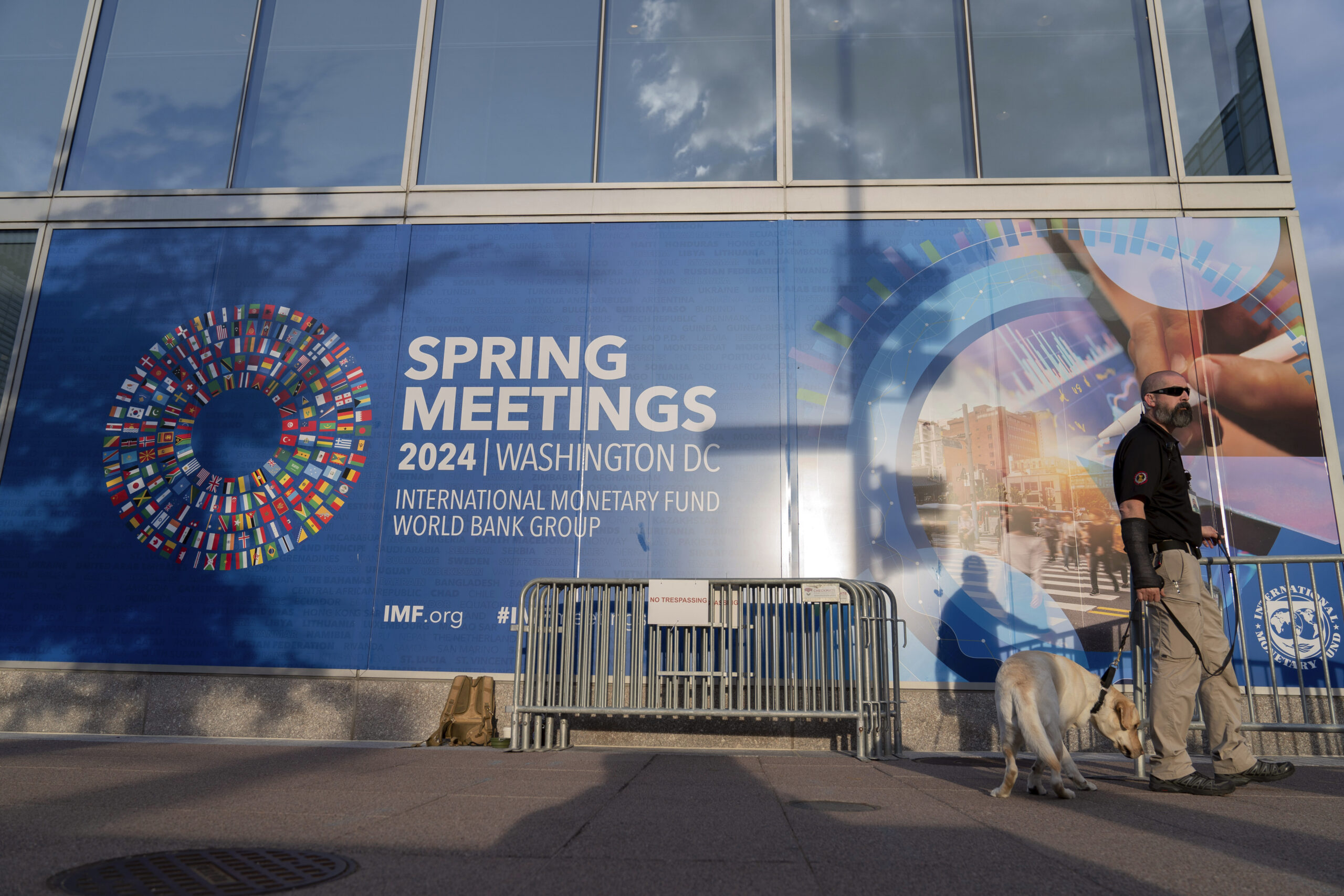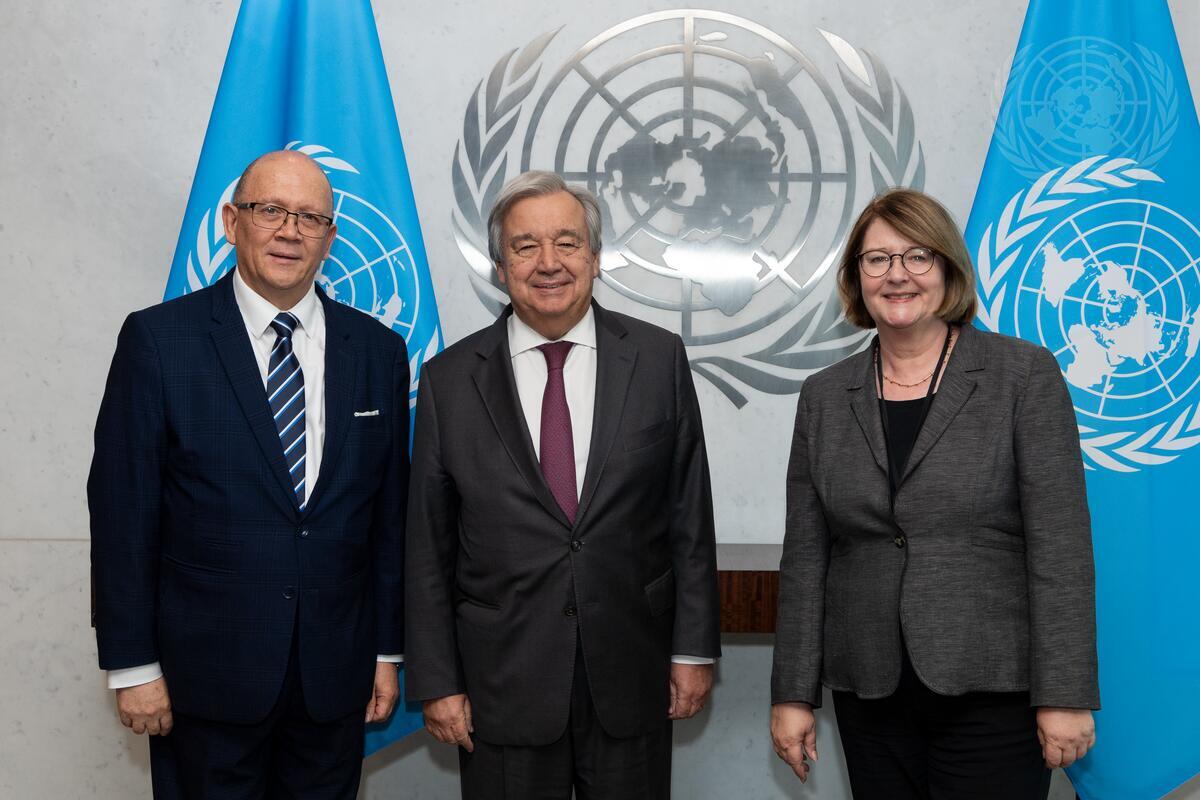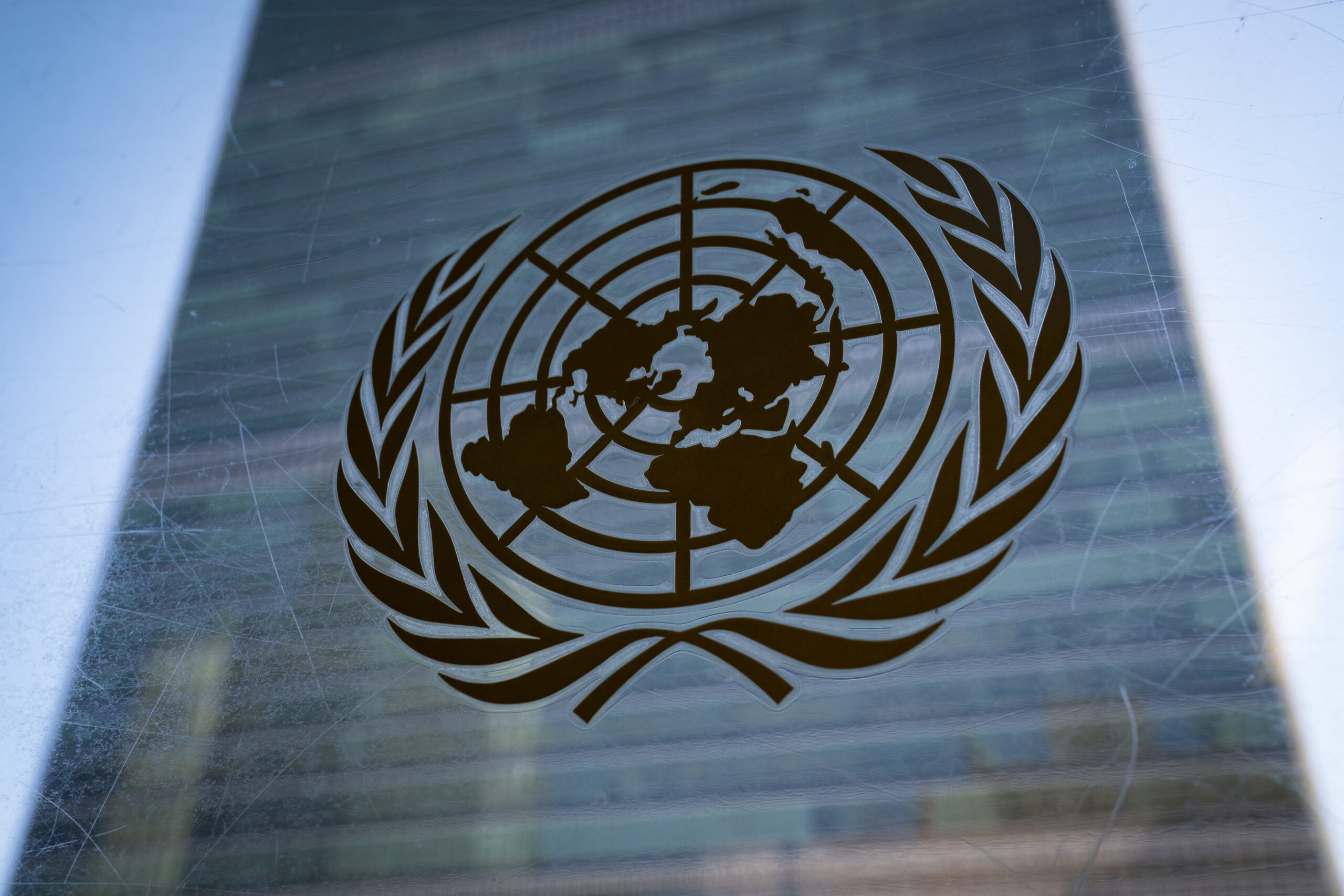Working paper submitted by the Middle East Treaty Organization to the Fourth Session of the United Nations Conference on the Establishment of a Middle East Zone Free of Nuclear Weapons and Other Weapons of Mass Destruction.
This report provides an overview of the key findings from the Middle East Treat Organization‘s project survey exploring the intersection between the Biological Weapons Convention (BWC) and the future Weapons of Mass Destruction Free Zone in the Middle East (WMDFZME) conducted between July and November 2023. Some of the main findings are the following:
Main Challenges to BWC Compliance: The four main challenges in this area include the lack of verification and institutionalisation, transparency issues, compliance concerns, and geopolitical constraints.
Verification, Confidence Building and Institutionalisation: Challenges to effective verification include the absence of a formal international organisation and the technical complexities of biotechnology. Experts emphasise the importance of achieving consensus on establishing a transparent verification system involving various stakeholders.
Transparency, Information and Compliance: Transparency challenges in the BWC relate to the absence of a central focal point, common definitions of thresholds, and guidelines for new techniques. The need for inclusiveness and shared understandings of key concepts, along with the creation of a scientific advisory board. Compliance concerns include measures such as conflict resolution, consultations, and requests for emergency assistance.
Geopolitics: Geopolitical constraints in a multipolar world, marked by great-power competition, pose significant challenges to the BWC regime. Respondents stressed the need to depoliticise compliance concerns and address conflicting interests.
Biological Component of WMDFZME: The second part of the survey focuses on the overlap between the BWC and the WMDFZME. Respondents highlighted the universalisation of the BWC in the Middle East and capacity building as prerequisites for strengthening the biological component of the WMDFZME. They stress the need for regional expertise on weapons-of-mass-destruction-related topics.
Regional Implementation and Compliance Measures: Respondents propose various approaches, including regional peer review, trial inspections, and joint statements, to strengthen the biological component of the WMDFZME. They emphasise the importance of acknowledging region-specific threat perceptions and developing tools for transparency and confidence-building.
Practicalities: The report concludes by emphasising the benefits of strengthening the biological component of WMDFZME negotiations from an early stage. Regional initiatives, complementing multilateral discussions, are seen as essential, and support from BWC member states for the WMDFZME process is encouraged.
Policy Recommendations:
● Enhancing verification of biological weapons and improving transparency: Establishing a transparent verification system with the participation of various stakeholders and seeking consensus on key definitions, including legally binding protocols and incremental confidence-building measures.
● Strengthening Compliance Measures: Considering the creation of a regular consultative process and exploring options for independently ascertained evidence in compliance assessments.
● Addressing Geopolitical Constraints: Depoliticising compliance concerns and seeking ways to navigate conflicting interests. Raising public awareness of biological warfare, especially considering the geopolitical constraints in a multipolar world.
● Strengthening the Global-Regional Nexus: Advocating for the universalisation of the BWC in the Middle East. Emphasising capacity building and regional expertise on weapons-of-mass-destruction-related topics.
● Implementing Regional Compliance Measures for WMDFZME: Considering regional peer review or trial inspections as options. Encouraging coordination among states in drafting joint statements to build confidence. Engaging regional organisations and groups like civil society activists and religious leaders to support compliance measures.
● Exploring Creative Approaches for WMDFZME: Investing in education and academic exchange to foster cooperation and build a regional model. Considering joint or unilateral declarations by states in the region regarding the immorality of biological warfare.
● Support from the BWC Member States for WMDFZME process: Expressing support for the WMDFZME process through statements by state parties and encouraging reporting on WMDFZME developments at the next BWC Review Conference.



